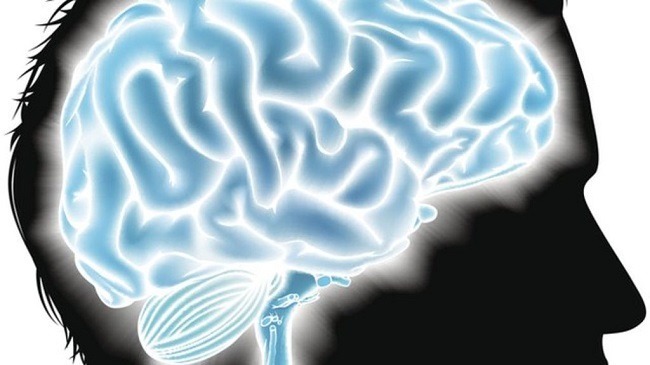NHS Choices helps improve brain health and science literacy by reporting findings in context — as seen in this brain training & schizophrenia example
 ___
___
Video game-based ‘brain training’ may help people with schizophrenia (NHS Choices):
“People with schizophrenia can be trained by playing a video game to control the part of the brain linked to verbal hallucinations,” BBC News reports…
(Conclusion offered by NHS Choices) This study showed some promising initial findings for a new way of managing auditory hallucinations in people with schizophrenia.
It may be possible for people to be able to learn how to better control and cope with the sounds they hear by using a process of computer feedback.
But this was only a pilot study and wasn’t designed to fully evaluate the effectiveness of the treatment.
To do this would require:
- A much larger number of participants to see whether the effects could be consistently detected and not down to chance.
- A control group. It may be helpful to compare the results with a sham fMRI scan-computer intervention to see whether this wasn’t just a placebo effect. It would then be helpful to move on to compare the findings with a control group of patients who received a more conventional range of support and treatment.
- Longer follow-up of the participants to see whether the effects of undertaking this training could be maintained over time.
- Whether the effects of the intervention make a meaningful difference to the person’s daily life and functioning.
- Whether the effects vary by the type of symptoms the person has – for example, whether it’s different in people who get other types of hallucinations, not just hearing voices.
- Making sure the intervention didn’t have any potential harms.
This study is a good starting point for the researchers to continue their investigations. But it’s far too early to be able to tell whether this intervention will ever be introduced into clinical practice in the future.”
The Study:
Real-time fMRI neurofeedback to down-regulate superior temporal gyrus activity in patients with schizophrenia and auditory hallucinations: a proof-of-concept study (Translational Psychiatry).
- From the abstract: Neurocognitive models and previous neuroimaging work posit that auditory verbal hallucinations (AVH) arise due to increased activity in speech-sensitive regions of the left posterior superior temporal gyrus (STG). Here, we examined if patients with schizophrenia (SCZ) and AVH could be trained to down-regulate STG activity using real-time functional magnetic resonance imaging neurofeedback (rtfMRI-NF). We also examined the effects of rtfMRI-NF training on functional connectivity between the STG and other speech and language regions…Post- training, patients showed increased functional connectivity between the left STG, the left inferior prefrontal gyrus (IFG) and the inferior parietal gyrus. The post-training increase in functional connectivity between the left STG and IFG was associated with a reduction in AVH symptoms over the training period. The speech-sensitive region of the left STG is a suitable target region for rtfMRI-NF in patients with SCZ and treatment-refractory AVH. Successful down-regulation of left STG activity can increase functional connectivity between speech motor and perception regions. These findings suggest that patients with AVH have the ability to alter activity and connectivity in speech and language regions, and raise the possibility that rtfMRI-NF training could present a novel therapeutic intervention in SCZ.
The Study in Context:
- What’s in it for me: Ten critical questions to navigate media coverage of latest scientific findings
- Solving the Brain Fitness Puzzle Is the Key to Self-Empowered Aging
- Can brain training work? Yes, if it meets these 5 conditions
- Q: What do people with schizophrenia, bipolar disorder, depression, addiction, obsessive-compulsive disorder, and anxiety have in common? A: A brain with similar gray-matter loss
- Presentations during the session What are most promising lifestyle and tech options to harness lifelong neuroplasticity, and what are key roadblocks ahead? at the 2017 SharpBrains Virtual Summit:


